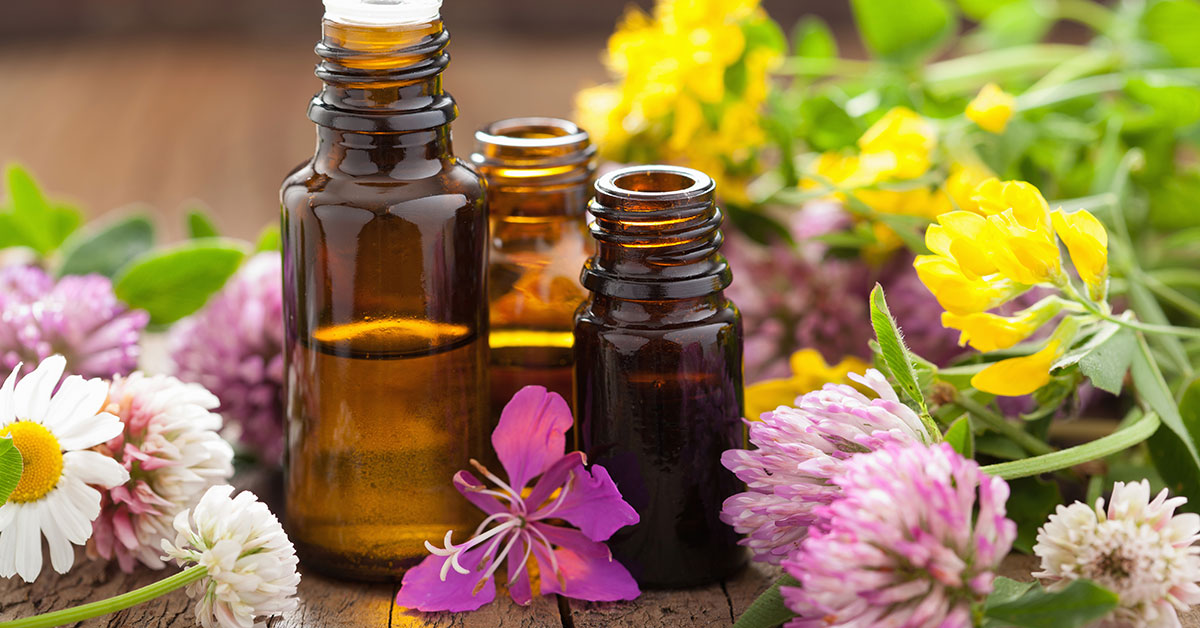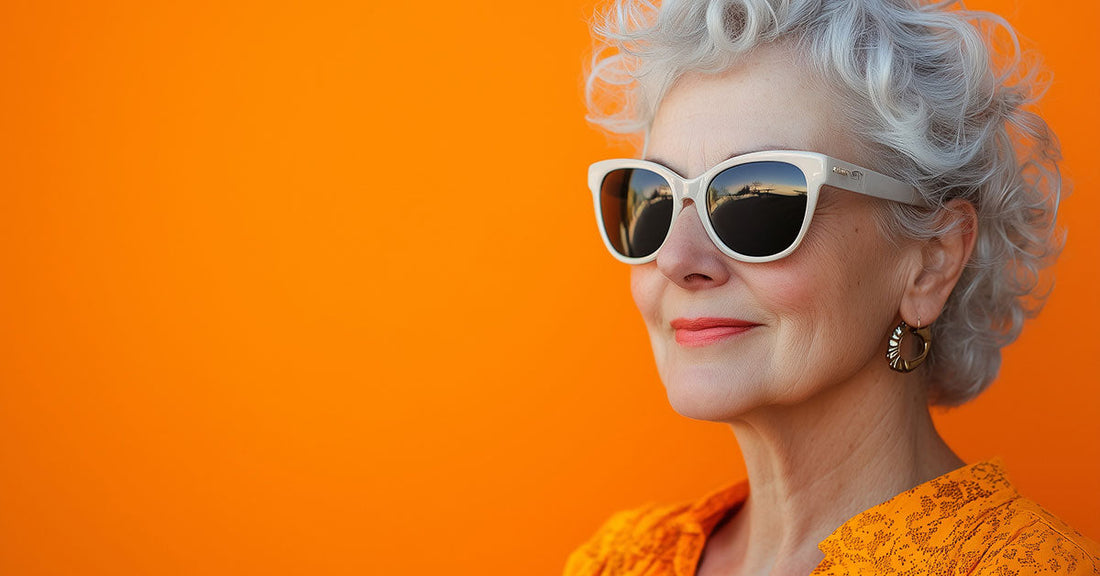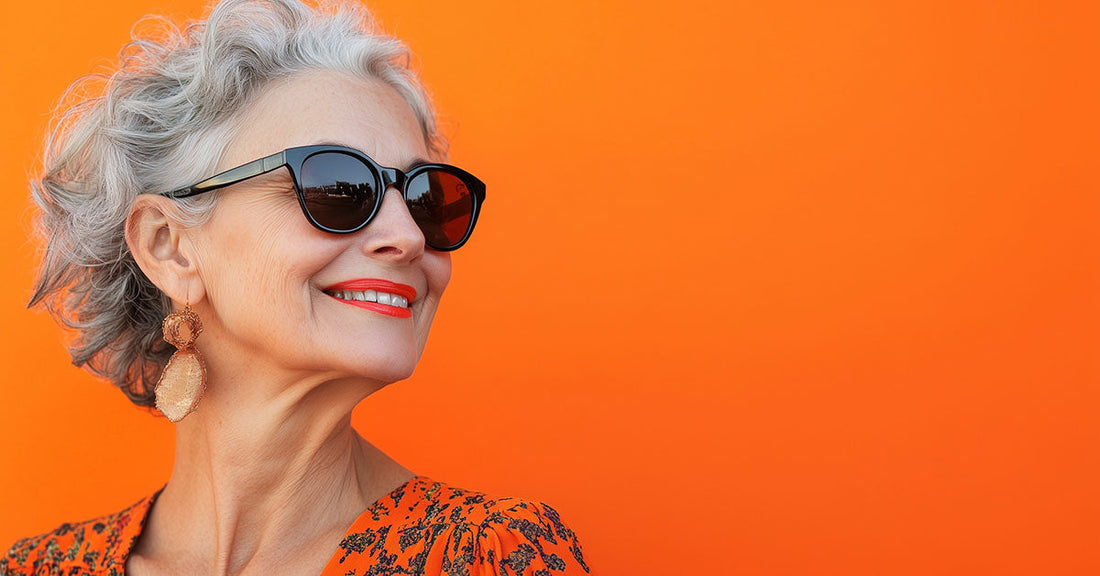Essential Oils have been around for a long time. In recent years, they have become some-what of a trend.
Some people and companies have propagated unsubstantiated claims about miraculous cures provided by essential oils. While there is no evidence backed research showing that essential oils can cure illness, many people do find that aromatherapy with essential oils can help alleviate stress and anxiety, and some studies seem to suggest this. This does make sense and is not as far fetched as some of the other claims. It should not be surprising that naturally derived essential oils could help with symptoms of some things, like stress and anxiety. Having stress and anxiety under control can be extremely beneficial for your health as a whole, as too much stress can take a toll on your body and even your physical health. So if you would like to try essential oils, don’t let some of the ridiculous claims on the internet deter you.
Note that it’s best to make sure that you are using pure essential oils, that have not been diluted with additives.
Without further ado, lets address some of the most recommended essential oils for anxiety.
Lavender
A common and popular essential oil, lavender is considered to have a calming and relaxing effect. It’s regarded as one of the best essential oils for anxiety. Considered a nervous system restorative, it may help with inner peace, sleep, restlessness, irritability, panic attacks, nervous tension and nervous stomach.
“There have been a number of clinical trials involving the inhalation of lavender essential oil that indicate a reduction in stress and anxiety,” states The Handbook of Essential Oils: Science, Technology, and Applications, Second Edition.
You can add lavender oil to a diffuser, bath water or a spray bottle filled with water, or you can use lavender topically on your wrists, temples and back of neck.
Chamomile
Producing a peaceful, calming scent, chamomile is thought to benefit inner harmony and decrease irritability, overthinking, anxiety and worry. An explorative study conducted at the University of Pennsylvania School of Medicine on the antidepressant activity in chamomile suggests that chamomile may have antidepressant properties, in addition to its previously observed anxiolytic activity. Chamomile may help reduce anxiety symptoms. It’s generally safe, except for a small risk of allergy, especially in someone who is allergic to ragweed.
Frankincense
Frankincense can be great for treating depression and anxiety because it is thought to provide a calming and tranquil energy as well as spiritual grounding. With aromatherapy, it can be used to deepen meditation and quiet the mind, which can help with some ailments like chronic stress.
Mixed with bergamot and lavender oils, frankincense was found to have a positive effect on pain and depression in hospice patients with terminal cancer in a Keimyung University study in Korea.
Bergamot
Commonly found in Earl Grey tea, bergamot oil is calming and often used to treat depression by providing energy. It can also help with insomnia, induce relaxation, and reduce agitation. It’s been proven to reduce corticosterone response to stress in rats, and another study hypothesizes that applying blended essential oil that includes bergamot helps in treating depression or anxiety.
It is generally safe, but it is photosensitizing, meaning it can increase the risk of sunburn and rash, so it’s best to avoid use within 12 hours of sun exposure.
Ylang Ylang
With calming and uplifting effects, ylang ylang induces cheerfulness, courage, optimism and soothes fearfulness. It may calm heart agitation and nervous palpitations. It is also a moderately strong sedative, which can help with insomnia. A 2006 study conducted by Geochang Provincial College in Korea suggested that ylang ylang oil reduced “psychological stress responses and serum cortisol levels, as well as the blood pressure of clients with essential hypertension.”
It can be sensitizing or irritating to the skin. Avoid using in conditions of low blood pressure. You can start by diffusing it in your home. Ylang ylang blends well with jasmine oil and lavender oil.
Rose
Rose essential oil can be very settling to the emotions, and is perhaps the second most popular after lavender for relieving anxiety and depression, helping with panic attacks, grieving and shock.
Vetiver
Considered a nervous system tonic, it decreases jitteriness and hypersensitivity and is also useful in panic attacks. Often used in trauma helping with self-awareness, calmness and stabilization, vetiver oil has a tranquil, grounding and reassuring energy.
Some essential oils can be used by aromatherapy, ingestion or topically.
You can do aromatherapy by using it in a bath, as direct inhalations, hot water vapor, vaporizer or humidifier, fan, vent, perfume, cologne, or — one of my favorites — through aromatherapy diffusers. Molecules enter the nasal cavities and stimulate a firing of mental response in the limbic system of the brain, and these stimulants regulate stress or calming responses, such as breathing patterns, heart rate, production of hormones and blood pressure.
Some essential oils can be ingested by the mouth; however, it is critical to make sure that the oils you use are safe and pure. A lot of oils on the market may be diluted or blended with synthetics that are unsafe for ingesting. The Food and Drug Administration has approved some essential oils generically for internal use. You can ingest them by adding a drop of oil in a glass of water or in a teaspoon with honey, or you can just put a drop or two underneath the tongue.
You can use some essential oils topically. They are very potent, so it is important to dilute and blend with a carrier oil. An essential oils blend can be applied directly to an affected area, on the bottoms of the feet, rims of the ears, in baths or through massage, or with compresses.
You should never ingest any essential oils or apply undiluted to the skin without proper training or medical supervision. It is very important to understand how essential oils are best used.
Always consult a specialist and test the area, proceeding with caution. Different individuals may react differently to essential oils, especially children and pregnant women.
Many of our Organic Skin Creams contain essential oils, check them out!





